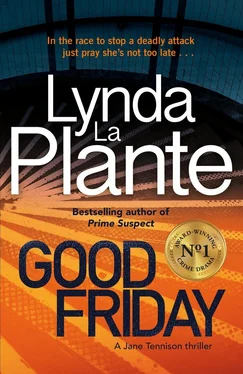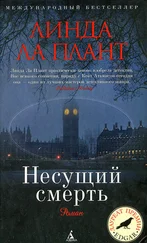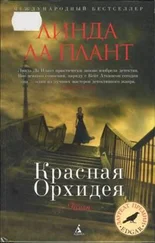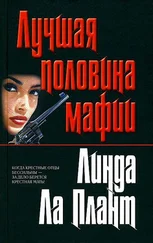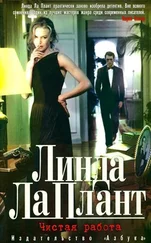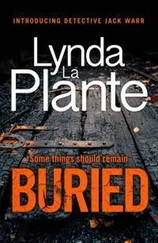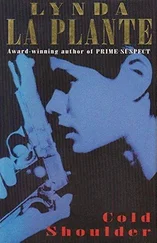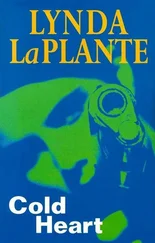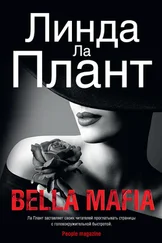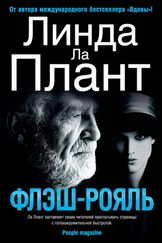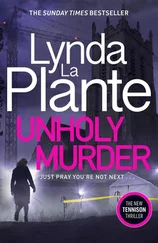‘You know, I would really like that.’
‘Great! Do you want to leave me to choose which film, or do you have one you’d like to see?’
‘No, you choose.’
‘Done. Let me pick you up at around seven… does that suit?’
‘Yes, that’s perfect.’
‘See you later. Is everything all right with you?’
‘Yes, Michael, everything’s fine… I’m really looking forward to seeing you.’
Jane replaced the receiver and rested her hand on the telephone. Michael was very different from Dexter. He was nice and dependable, and obviously cared for her. Deep down she was certain that Dexter cared too, and that was the reason he had walked away. She caught sight of his T-shirt on the floor next to her bed, where she had thrown it down last night.
Picking it up, she put it in the wastebin.
During 1974 and 1975 London was subjected to a terrifying bombing campaign carried out by Active Service Units (ASU) of the Irish Republican Army (IRA). Over forty bombs exploded, thirty-five people were killed and many were seriously injured. In one day alone the IRA planted seven bombs at locations across central London. Some were defused, some were not.
On 6 December 1975, four armed members of the ASU took two elderly Balcombe Street residents hostage after a botched machine-gun attack on a Mayfair restaurant. A tense stand-off with the Metropolitan Police Bomb Squad ensued, but after six days the siege ended when the IRA men surrendered and released the hostages.
After several days of intense interrogation, the ‘Balcombe Street Gang’ were charged and remanded in custody to stand trial for multiple bombings and murders. The press portrayed the arrests as a major victory for the Met’s Bomb Squad.
It was the lull before the storm. The bomb squad received information that another ASU had come to London. Both police and the public lived in fear: where and when would the IRA strike, and could they be stopped in time?
My sincere thanks to Mark Smith, Kate Parkin, James Horobin for their strategy, vision and commercial acumen and all the staff at Bonnier Zaffre for their hard work on my behalf. Special thanks to Angie Willocks who has travelled all over the world selling Good Friday (are you ever home?). Nick Stearn for such an original and eye-catching jacket, and Ruth Logan for handling my foreign rights sales so brilliantly and for reaching territories my books have never been sold in before.
Robert Gorman, I thoroughly enjoyed our dinner in London, Jim Demetriou, Matt Hoy, Andy Palmer, Alexa Burnell and all the team at Allen & Unwin for their work marketing and selling me in Australia and New Zealand. I look forward to seeing you all next year.
Thank you to everyone at Jonathan Ball in South Africa, I could not have a better team working with me in SA. I would also like to give special thanks to Jenny Crwys-Williams, who has given me so much promotional support over the years.
My thanks to Callum Sutherland who has, as usual, taken so much of the weight from my shoulders regarding the in depth research required for Good Friday . He has become someone I rely on 100 % and his guidance has proved to be invaluable. Specifically I am indebted to Callum’s wife Anne, as she was a young uniformed WPC at Hackney Police Station, so was able to give me authentic details of how a young probationary officer worked during the run up to her promotional exams. I would also express my sincere thanks to Dr Ann Preston who assisted with all the detailed forensic research.
I would also like to thank the team at La Plante Global who are constantly supportive and encouraging. Tory Macdonald I thank whole heartedly for her dedication and to Veronica Goldstein who has recently become part of the team.
However, I have saved my biggest thanks and appreciation to Nigel Stoneman, Head of Development at La Plante Global. Nigel has continued to be supportive and encouraging throughout the process of bringing the character, Jane Tennison, through three successful novels, his genuine enthusiasm for future novels on the life of Jane Tennison and his ability to bring in a terrific Shepherd’s pie for lunch!
